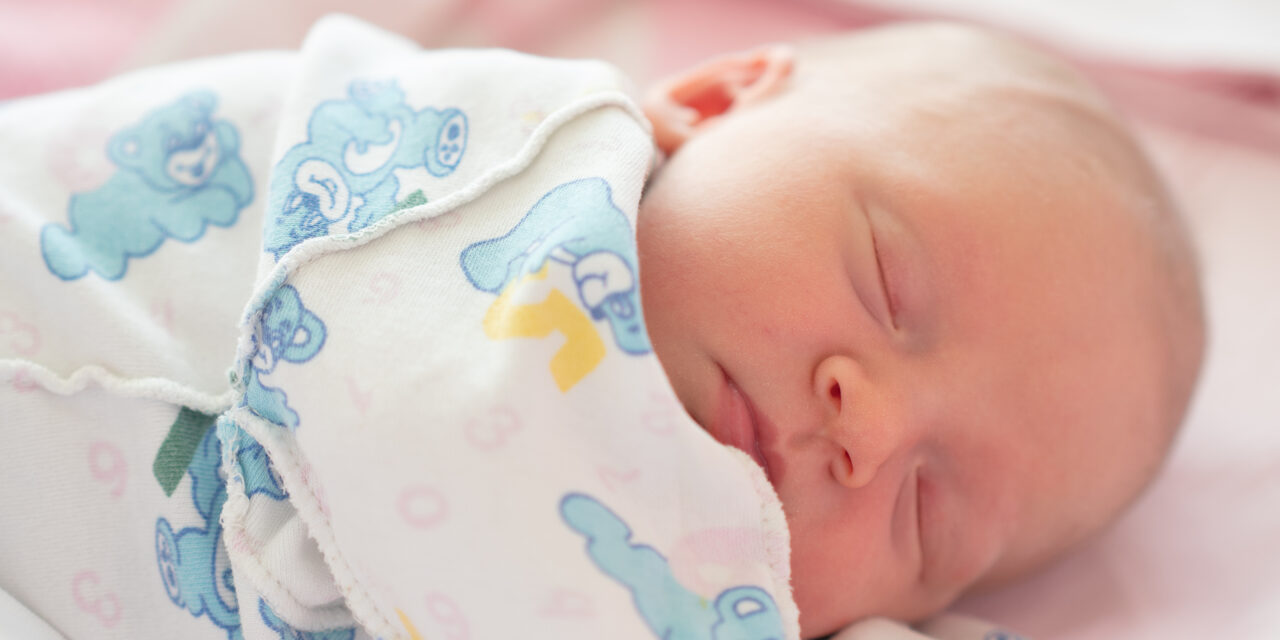You’ve heard of all the great tips you can use to get your baby to sleep better, longer, and deeper. However, there are some recent studies out that show us what NOT to do. Scientists have discovered some things parents are often advised to do that will NOT help their baby sleep.
One study refutes age-old advice dispensed in some circles that feeding a baby rice cereal will make him or her sleep longer. The study found that babies who were fed rice cereal before 4 months showed no trend or tendency to sleep more. Wendy Sue Swanson, a pediatrician on staff at Seattle Children’s Hospital, recommends no solids until about 6 months of age. “Not because rice cereal is necessarily harmful, rather it likely isn’t helpful, and what’s the rush?” she says.
Like I learned through my mentors in La Leche League, Swanson suggests waiting to introduce solids until the baby can sit up independently, is starting to show interest in food, can swallow without the tongue-thrust reflex, and can push the food away if not interested.
Another study found that babies who were placed in front of a television slept less at ages 1 and 2 years of age. The American Academy of Pediatrics recommends no TV until age 2. Their website says: “Until more research is done about the effects of screen time on very young children, the American Academy of Pediatrics strongly discourages television viewing for children ages two years old or younger and encourages interactive play.” In other words, babies and toddlers should learn from playing, not from screens. Though you may find this impossible to do, at the very least, you may want to wait until your baby is sleeping through the night before introducing the TV. Keep in mind having a baby in the room with you at night while you’re watching TV may adversely affect his or her sleep.
Like the rice cereal urban legend, many parents believe that formula-fed babies will sleep longer between feedings than breastfed babies. A study published in Pediatrics approaches things from a different angle – namely, how much sleep the moms get. The outcome showed that breastfeeding moms got more sleep in the first three months than their formula-feeding counterparts. The timing is important because those first couple of months are usually when new moms want to give up breastfeeding in hopes of getting more sleep. So, if you’re thinking about weaning because of sleep deprivation, consider talking with your pediatrician, a lactation consultant, or an infant sleep consultant first.
















